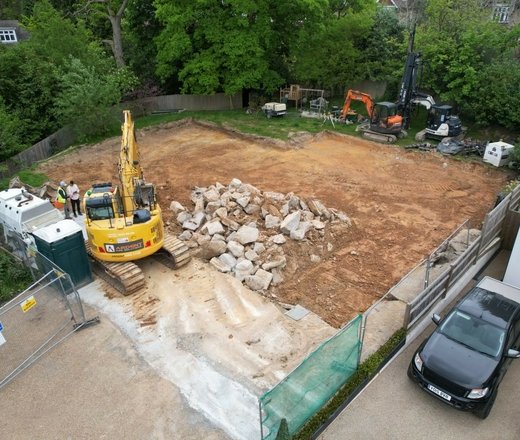When purchasing a home, it's essential to think beyond the immediate appeal. While the current charm and suitability of a property are important, its future worth is equally crucial. Savvy buyers assess not only what a home offers now but also how it will fare over time in terms of value and desirability. Here are important considerations for evaluating the long-term value of a property before making a purchase.
1. Location, Location, Location
The old saying remains true; location is one of the most significant factors in real estate. Seek homes in areas with strong growth potential, reputable schools, and easy access to amenities. Properties in sought-after locations are more likely to increase in value over time.
2. Emerging Neighbourhoods
Sometimes, buying in a neighbourhood poised for growth can be a wise investment. Look for signs of development, such as new infrastructure, businesses, or public projects, indicating that the area may become more attractive in the future.
3. Quality of Construction and Design
A well-constructed home with a classic design will retain its value better than one with poor construction or trendy features that may quickly become outdated. Consider the quality of materials, craftsmanship, and architectural style.
4. Future Development Plans
Investigate any future development plans in the area, as these can significantly affect property values. Large commercial developments can boost value, while new motorways or industrial sites might reduce it.
5. Potential for Enhancements
Homes that offer potential for expansion or improvements can be a good investment. Look for properties where you can add value over time, whether through major renovations or simple upgrades.
6. Market Trends and Economic Factors
Keep an eye on broader market trends and economic factors. Economic growth, interest rates, and employment rates can all influence property values.
7. Sustainability and Energy Efficiency
As sustainability becomes increasingly important, properties with eco-friendly features or the potential for energy-efficient upgrades are likely to be more valuable in the future.
By considering these factors, you can make a more informed decision and choose a property that is not just a home for today but a wise investment for the future. Remember, buying a home is one of the most significant financial decisions you'll make, so it's worth taking the time to consider the long-term implications.
If you need advice and help on buying or selling a property, please contact us to speak with one of our award-winning team who will be able to help you.
Market your property with Maddisons Residential
For many, the first point in their house moving journey, is to understand the value of their current home. Whether you want a quick, instant, online indication, or a more robust property specific and individual valuation, we would be delighted to help.





